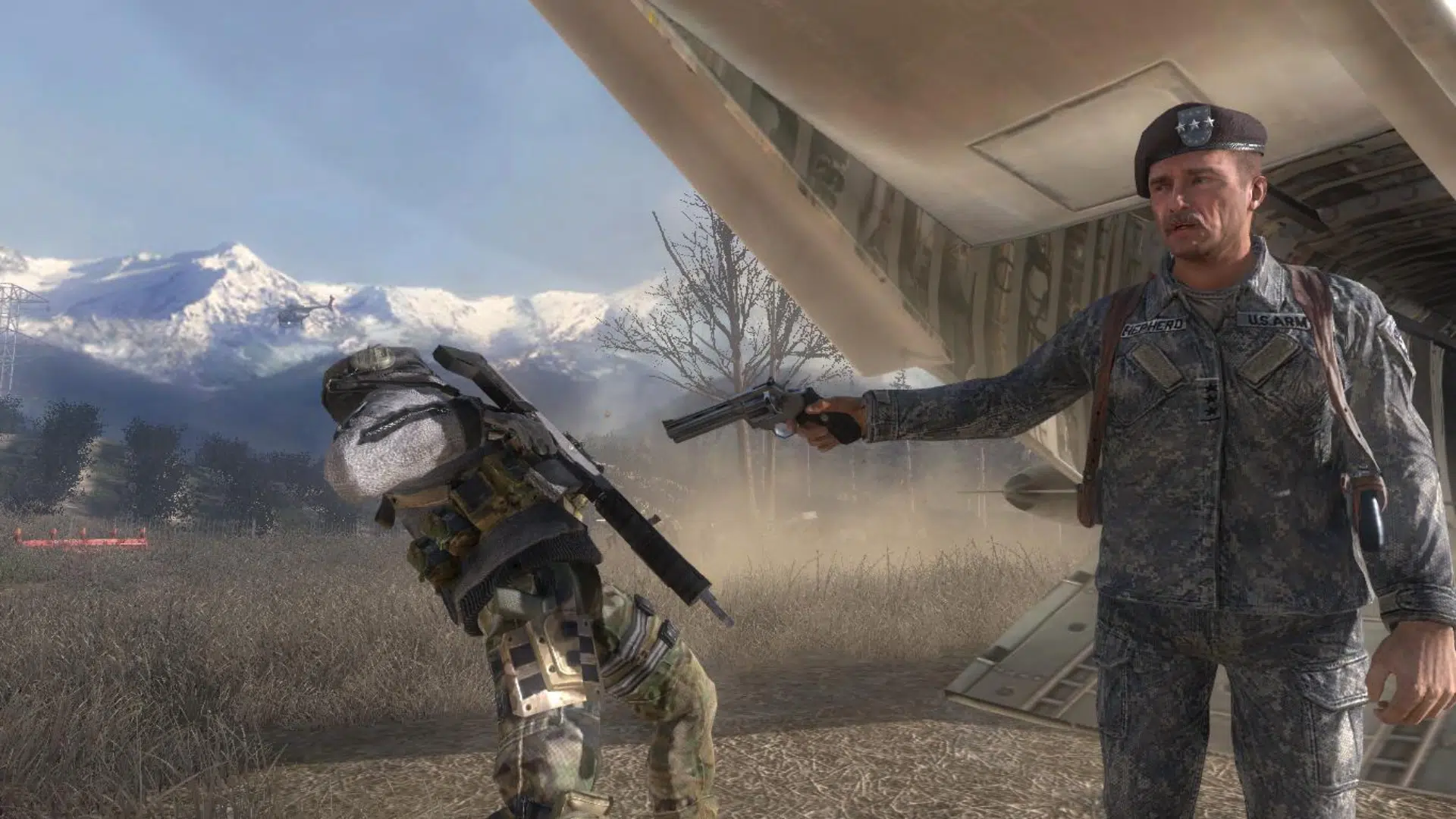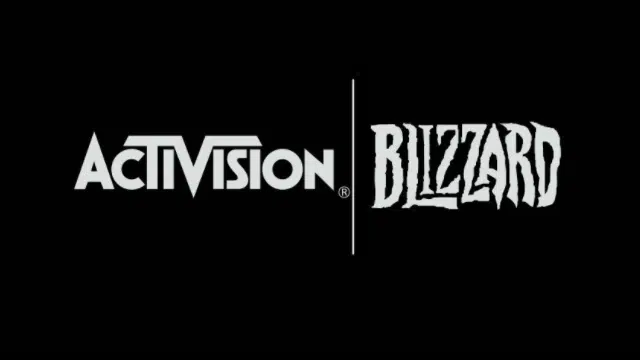On April 7, Activision-Blizzard tried to do a sleight of hand tric;. it sent out a statement saying that many QA testers were becoming full-time employees and getting pay raises; however, the company decided to withhold important information regarding which QA testers that would include. It wasn’t until a few hours later that the full truth came out, leading to a harsh critique by the Communication Workers of America and highlighting the ongoing legal struggles between Activision-Blizzard and the push by a group of Raven Software employees trying to form the first union in the company.
How Activision Blizzard’s Pay Raises Quickly Turned Sour
Activision-Blizzard had sent out a press release promising that all temporary and contingent QA (Quality Assurance) workers were becoming full-time employees with a higher base salary of $20 per hour. For many freelancers and independent contractors, this is a dream — getting consistent work with higher pay, a better title for a resume, and the benefits of being a full-time employee in a large, well-recognized corporation. According to the corresponding statement made by Jessica Taylor, Activision-Blizzard’s vice president of corporate communications, this would impact over a thousand testers in its workforce effective July 1, with the pay hike of $20/hour effective April 17.
Not to look a gift horse in the mouth, many praised the good news. QA testers tend to be unfairly treated as unskilled labor across the video game industry, the lowest on the rung in the hierarchy of game development. They frequently face periods of intense crunch all while taking low pay in a system that treats them as expendable and replaceable. As such, many outlets reported on the press release, posting the company’s statement in full, without too much additional pressure.
Some recognized that the pay raise was happening during a time when Activision-Blizzard was facing internal pressure from Raven Software, the developer responsible for many of Activision’s Call of Duty games over the last two decades. Since early December, QA workers at Raven Software have been on strike after being denied new contracts by Activision Blizzard at that time, and since then, the publisher has yet to recognize the union.
Thus, the QA workers went elsewhere and formed the Game Workers Alliance which sought for union recognition by the Communication Workers of Americas (CWA). According to a CWA representative that spoke with Polygon, the Game Workers Alliance has 78% “supermajority” support of Raven Software’s QA team. And so, it would seem that all this pressure had finally reached a point that Activision Blizzard was incentivized to send out the statement they did. This was supposed to be a win.
And here's the catch: Activision will not give raises to Raven QA testers, who are unionizing, "due to our legal obligations under the National Labor Relations Act," the company said in an email seen by Bloomberg News.
Story: https://t.co/fLR90gCyJL
— Jason Schreier (@jasonschreier) April 7, 2022
However, only a few hours after the statement was released, Bloomberg’s Jason Schreier (in the tweet above) received an email response from Activision Blizzard noting that the pay raise would not include Raven Software’s QA testers. There was the catch. Brian Raffel, the studio head at Raven Software, released a statement saying that this couldn’t happen because of legal restrictions: “Due to our legal obligations, under the National Labor Relations Act, we are prohibited from making new kinds of compensation changes at Raven at this time.” But is this really true?
Why Activision-Blizzard Is Being Accused of Union-Busting Tactics
Given that Activision Blizzard didn’t mention that Raven Software’s QA testers wouldn’t be included in the pay raises at the outset and seemed well-prepared in its response as to why they were left out, it is clear to some that the pay raises are meant to be a political union-busting tactic disguised as goodwill. From the perspective of the Game Workers Alliance, this wouldn’t be the first time the company has tried to contain and control their influence, as Activision-Blizzard decided to split the QA team into different departments only days after the GWA was founded.
To form Activision Blizzard’s first union, the Game Workers Alliance must currently seek a vote overseen by the National Labor Relations Board, after which the union will be recognized if it receives a majority vote. The exclusion of Raven Software’s QA team from these company-wide raises could intimidate workers to vote the other way and prevent other QA workers under Activision Blizzard from supporting this union effort, according to CWA’s secretary-treasurer Sara Steffens who shares in a statement:
“It’s especially galling then that Activision has excluded Raven Software QA workers, who have been at the forefront of this effort, from these benefits. The company’s assertion that the National Labor Relations Act prevents them from including Raven workers is clearly an effort to divide workers and undermine their effort to form a union. Activision’s disingenuous announcement is further evidence of the need for workers to have a protected voice on the job.”
Activision spokesperson Rich George countered back, saying that the company is simply following the letter of the law:
“The union’s assertion is both wrong and disingenuous. It is well known that, during an election petition period, the law prevents an employer from extending new kinds of benefits to employees who are going to be voting… The CWA is blaming us for trying to comply with the law by pretending the law does not exist.”
Looking more closely at the law that Activision cites (specifically, Section 8 (a)(1) in the National Labor Relations Act), the company would be in violation for “granting wage increases deliberately timed to discourage employees from forming or joining a union.” Thus, the reasoning goes that giving the QA testers at Raven Software the pay raises would seem to be illegal, though giving all the other non-Raven QA testers raises seems to skirt the line of a legal technicality.
On the other side, the National Labor Relations Board (NLRB) provides examples of what constitutes an unfair labor practice in violation of that law. One is a company attempting to “confer benefits on employees during a union organizing campaign to induce employees to vote against the union.” Another is more relevant as to what a company cannot do:
“Withhold changes in wages or benefits during a union organizing campaign that would have been made had the union not been on the scene, unless you make clear to employees that the change will occur whether or not they select the union, and that your sole purpose in postponing the change is to avoid any appearance of trying to influence the outcome of the election.”
Whether Activision-Blizzard made it clear to the Game Workers Alliance that the upcoming pay raise to all of Raven Software’s QA testers would eventually be given regardless of the union vote is uncertain. It’s doubtful, though, considering the CWA’s response.
Was the Omission Deliberate or Not?
That said, Activision Blizzard likely doesn’t want to talk about legal matters and give lawyer-ly responses at all, considering that the sexual harassment lawsuit by the EEOC was only settled last week. It still faces a slew of other lawsuits including another sexual harassment lawsuit, an investor lawsuit, a shareholder lawsuit over the Microsoft purchase of Activision Blizzard, and a lawsuit by parents who believe their daughter committed suicide due to the sexual harassment. The pay raises were meant to be presented as something positive amidst, well, mostly everything else going on with the company.
Unfortunately, it’s clear now that Activision Blizzard wanted to ignore the Raven Software issue altogether, while having a statement prepared just in case if it was forced to explain the situation. For the sake of appearing to announce good news, which would serve as a distraction to all the other legal affairs the company is facing, it wanted the pay raises to be reported without anyone digging too deeply. Consequently, failing to mention Raven Software’s QA testers from the outset looks like a tactful lie by omission, and no one likes being misled.
Editor’s Note: Views expressed here are solely by the author’s and does not represent MP1st and its staff.

